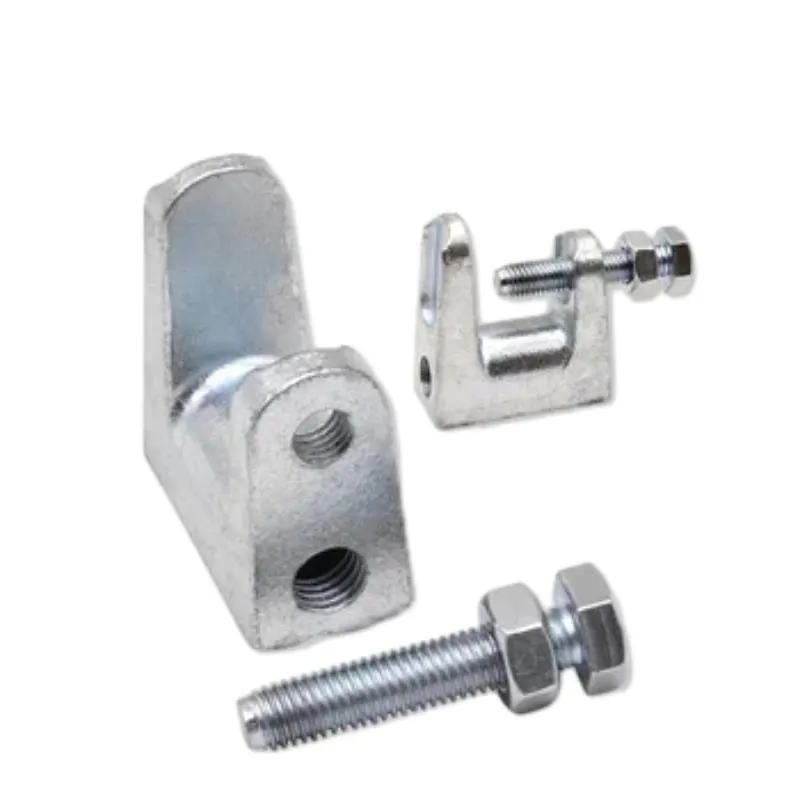Oct . 03, 2024 06:42 Back to list
Surface Finishing Techniques for Enhanced Bolt Performance and Durability
Surface Treatment of Bolts An Essential Process for Performance and Longevity
In the world of fastening technology, bolts play a crucial role in assembling various mechanical structures. The performance and longevity of these fasteners are significantly influenced by their surface treatment. Proper surface treatment not only enhances the physical properties of bolts but also improves their resistance to corrosion, wear, and fatigue, ensuring reliability in demanding applications.
Surface Treatment of Bolts An Essential Process for Performance and Longevity
Another widely used surface treatment method is anodizing, especially for aluminum bolts. Anodizing enhances the natural oxide layer on the surface of aluminum, resulting in improved corrosion resistance and surface hardness. This process is particularly beneficial in aerospace and automotive industries where lightweight yet strong fasteners are essential.
bolt surface treatment

Passivation is another treatment process primarily used for stainless steel bolts. This technique involves the removal of free iron from the surface, thereby enhancing resistance to corrosion. By treating the bolts with acidic solutions, a thin, protective layer of chromium oxide is formed, which prevents rust and oxidation. Passivated bolts are particularly desirable in environments where hygiene and corrosion resistance are critical, such as in food processing and medical equipment.
In addition to corrosion resistance, surface treatments can significantly improve the wear resistance of bolts. Processes such as nitriding and carburizing introduce hardening agents into the surface layer of steel, resulting in a hard, tough exterior that can withstand heavy loads and friction. These processes are vital in high-stress applications, such as automotive engines and heavy machinery, where failures can lead to catastrophic consequences.
Furthermore, surface treatments can also influence the friction coefficients of bolts. By modifying the surface roughness and applying lubricants, manufacturers can enhance the torque performance of bolts, leading to more reliable fastening. This is especially important in preload applications, where achieving the correct tension is critical for the joint's integrity.
In conclusion, bolt surface treatment is a multifaceted process that plays a vital role in ensuring the performance and durability of fasteners in various industries. By selecting the appropriate surface treatment method, manufacturers can enhance corrosion resistance, wear resistance, and overall reliability, contributing to the longevity and safety of mechanical assemblies. As technology evolves, the development of advanced surface treatments will continue to push the boundaries of bolt performance, making them indispensable in modern engineering applications.


